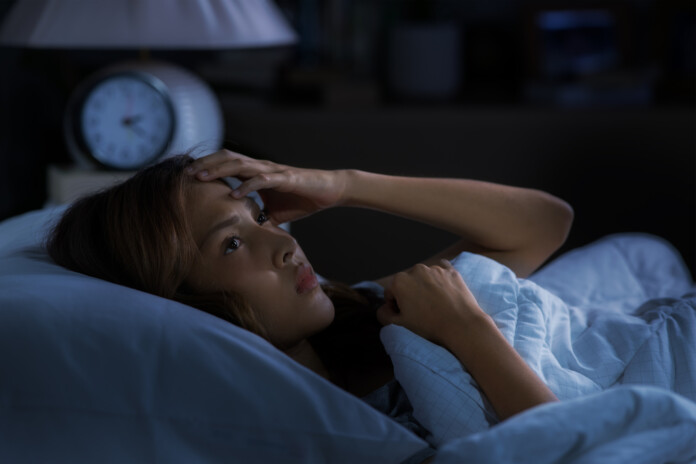For years, media headlines have perpetuated news of a great and terrible health trend: sleep loss. According to various sources, people around the world are sleeping less than they once did, and this could be disastrous to human health and productivity.
Indeed, ample research suggests that not sleeping enough can cause serious health conditions, such as high blood pressure, increased risk of heart disease, increased risk of diabetes, weakened immunity and more. Plus, the effectiveness of the brain plummets with a lack of sleep, as difficulty concentrating, memory issues, mood fluctuations and more interfere with one’s ability to accomplish tasks.
Lacking sleep is undeniably detrimental — but there is some question whether or not the sleep loss epidemic is real. Read on to learn a bit more about this controversial issue.
Why Do Humans Sleep?
Despite decades of research dedicated to understanding the phenomenon of sleep, researchers cannot offer a definitive answer as to the purpose of falling unconscious for several hours every day. Every vertebrate animal does it, so sleep must be an essential activity for maintaining high-order life. Some of the strongest theories suggest that sleep is essential for repairing bodily tissues, eliminating cellular waste products and reorganizing the brain, but not enough evidence is available as yet to point to these functions as the clear and primary drivers of sleep.
One of the primary reasons that sleep is difficult to understand is that sleep is difficult to study. Almost everyone maintains different sleep habits, which can impact how quickly they fall asleep, how long they remain asleep and how rested they feel once their period of sleep concludes. Myriad factors can impact sleep, from diet and exercise to culture. Some people rely on natural aids like hemp for sleep; others require much more intensive sleep medications, and still others need machines and tools to support bodily functions during periods of rest.
The ramifications of insufficient sleep have been well-documented, and there is no doubt that people need to get enough sleep to remain healthy. Yet, until we understand the real drivers of sleep, it is difficult to identify which recommendations from experts will help an individual maintain effective sleep health.
Are We Getting Less Sleep?
Because sleep is difficult to study, it is difficult to reach any real conclusions regarding ongoing sleep trends. Though it is popular to suggest that modern work habits and entertainment screens are rapidly decreasing the average amount of time an individual spends resting every night, the truth is that here is little evidence to prove the theory that insufficient sleep is a widespread problem.
For decades, self-reported sleep surveys have returned relatively stable results indicating that most people sleep between seven and nine hours per night. Studies of the sleep habits of pre-industrial societies have found that even without modern stresses and technology, humans prefer to sleep for five to eight hours per night with limited naps throughout the day. In truth, humans in modern society are sleeping as well as we always have, and it seems that there is little reason for most people to make any changes to their sleep habits.
Do You Have a Sleep Disorder?
This isn’t to say that sleep disorders do not exist. On the contrary, some individuals do suffer from prolonged experiences of troubled sleep, which can manifest as difficulty falling asleep or an inability to remain asleep for long periods of time. If you constantly struggle to fall and stay asleep, and if you are perpetually exhausted during your waking hours, you may need to talk to your doctor about the possibility of seeking sleep-related treatments.
Sleep disorders can have various causes. Some people suffer from troubled sleep as a result of chronic health conditions that cause physical pain and discomfort. Other people can have mental illnesses that interfere with their ability to relax and rest. Often, overcoming a sleep disorder involves identifying the ultimate cause of the disorder and treating that. Sleep aids and medications are best used only in acute circumstances, to prevent the body from depending on outside resources for achieving slumber.
At present, there is not enough evidence to suggest that there is an epidemic of sleep loss. Still, everyone should look after their own sleep habits to ensure that they are achieving enough rest to feel and function well throughout their days.




